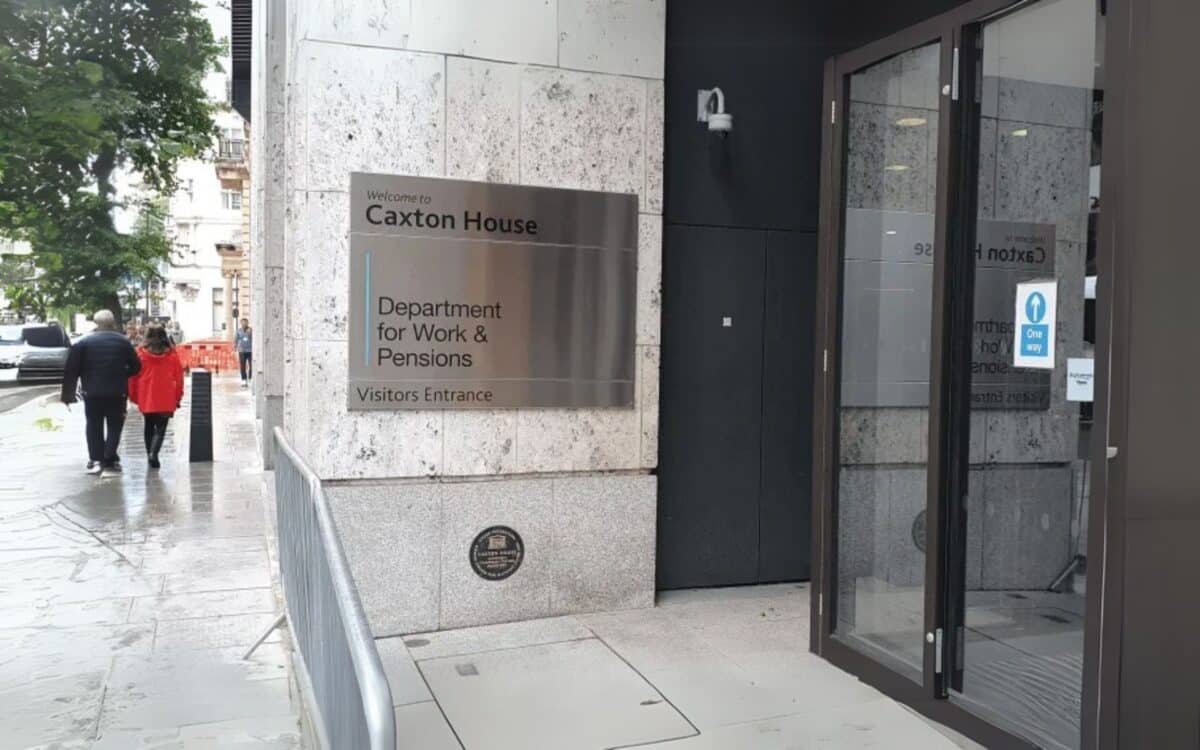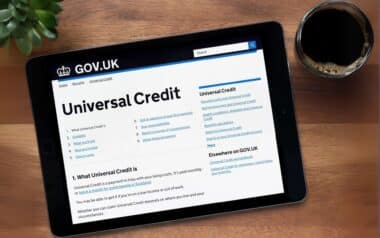The DWP has announced changes to benefit payment schedules and new consultations on disability reforms, offering vital updates for millions relying on financial support. These developments come as households across the UK continue to face mounting cost-of-living pressures, making government assistance more critical than ever.
Benefit Payment Dates in January
The new year brings adjustments to benefit payment schedules, primarily due to public holidays. These changes aim to ensure beneficiaries receive their funds without unnecessary delays during the festive period.
Changes to January Payments
The Department for Work and Pensions (DWP) has confirmed alterations to benefit payment schedules for January due to the New Year holiday. Payments originally scheduled for January 1 will be made on December 31, while most payments for January 2 will also arrive early. Universal Credit, however, remains unaffected and will be paid as usual.
Benefits Included in the Schedule
Payments affected by this change include:
- Universal Credit
- State pension
- Child benefit
- Disability living allowance (DLA)
- Personal independence payment (PIP)
- Carer’s allowance
- Income support
- Jobseeker’s allowance
What to Do if Your Payment Is Delayed
Beneficiaries experiencing delays or missed payments should promptly contact the DWP or visit their local Jobcentre Plus. Maintaining a record of previous payment dates can help streamline the resolution process.
Support Schemes and Resources
Various programs remain available to assist households struggling with rising living costs. These resources are tailored to address diverse financial challenges, from energy bills to emergency expenses.
Household Support Fund
The Household Support Fund (HSF), extended by the Labour government until March 2025, offers financial aid to vulnerable households. Local councils have discretion over the allocation of funds, providing:
- Supermarket vouchers
- Energy bill assistance
- Cash grants
Residents are encouraged to check their council’s website for available resources.
Budgeting Advance Loans
For those on Universal Credit facing emergencies, the DWP provides interest-free budgeting advance loans with repayment terms of up to two years. Borrowing limits include:
- £348 for singles
- £464 for couples
- £812 for families with children
Repayments will be capped at 15% of the standard allowance starting in April 2025.
Charitable Grants and Energy Support
Financial assistance is also available through:
- Charitable grants: Organizations like Turn2us provide tools to find grants for specific needs.
- Energy provider aid: British Gas offers grants of up to £2,000, while other suppliers like EDF and Octopus provide targeted support.
Upcoming Benefit Reforms
The government has announced plans to revise the support system for disabled and sick individuals. These changes, aimed at improving access and efficiency, are part of a broader effort to modernize public assistance.
Consultation on Disability Benefits
The DWP plans to launch a consultation in spring 2025 to reform disability and sickness benefits. Aimed at improving support systems, the initiative reflects growing pressure to address gaps in assistance for disabled individuals.
Uprating Benefits and Pensions
Following October’s Labour Budget, most benefits will increase by 1.7% starting in April 2025, reflecting the inflation rate in September 2024. This adjustment includes Universal Credit, PIP, and attendance allowance. Meanwhile, the State Pension will rise by 4.1%, aligning with the triple lock guarantee.
Energy and Household Costs
Households continue to face rising utility bills, with energy prices and council tax being significant financial burdens. Support programs aim to offset these costs for eligible residents.
Energy Price Cap Updates
Ofgem’s energy price cap will rise by 1.2% to £1,738 for January through March. This increase follows a 10% spike in October, with analysts predicting a further rise in April. The cap limits charges for households on standard variable tariffs, but higher wholesale energy costs are driving up bills.
Council Tax and Warm Home Discount
Eligible individuals can apply for:
- Council tax reductions of up to 100% for those on certain benefits or facing hardship.
- Warm home discount: A one-off £150 reduction on electricity bills for low-income households.
Navigating the cost of living crisis requires a proactive approach to accessing available resources. Exploring government programs and local support can provide critical financial relief.









